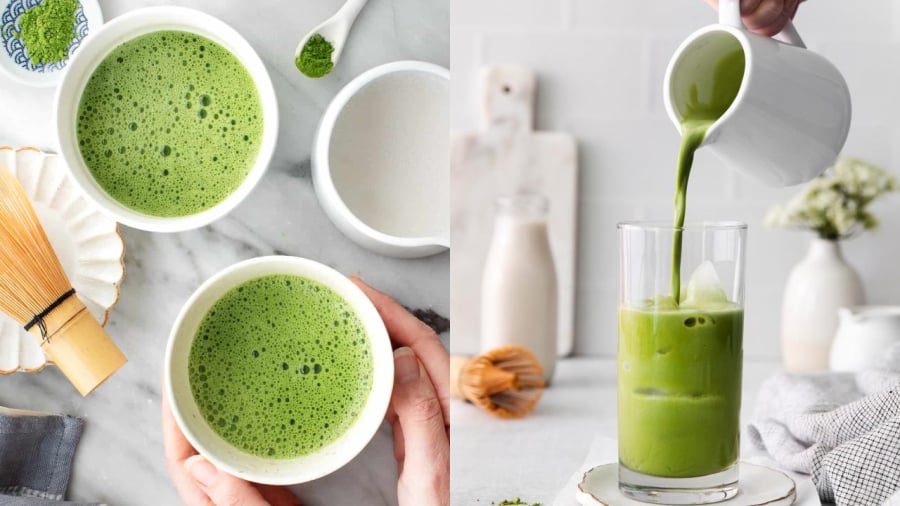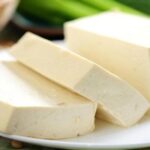Matcha is a special type of green tea that has been finely ground into a powder. This powder is versatile and can be used for various purposes, including brewing tea, baking, and even creating delicious beverages. One of the most popular ways to consume matcha is by preparing it as a drink, often combined with hot water, milk, or lemon water, resulting in a captivating and flavorful beverage.
Research has revealed that matcha boasts an impressive array of health benefits due to its rich nutritional content, particularly its high concentration of antioxidants, which are known to support cardiovascular health.
However, it’s important to note that matcha may not be suitable for everyone. Certain individuals should exercise caution or even avoid consuming matcha altogether.
4 Groups Who Should Avoid Drinking Matcha
– Pregnant and Breastfeeding Women
While clinical research on the side effects of matcha for pregnant and breastfeeding women is still limited, it is important to note that, according to Italian standards, the maximum amount of epigallocatechin gallate (EGCG) a woman can ingest during pregnancy and breastfeeding is 120mg. Matcha contains a significant amount of this compound.
Additionally, matcha has a higher caffeine content compared to other green teas. Caffeine can induce alertness and improve focus, but it may also lead to increased blood pressure and heart rate. To prevent insomnia or anxiety caused by caffeine, pregnant and breastfeeding women should consume matcha in moderation.

While matcha offers health benefits, it may not be suitable for everyone.
– Individuals Over 65 Years Old
Older adults who are on medication may experience more side effects if they consume matcha. Therefore, it is advisable to proceed with caution when drinking matcha.
– Children
Newborns and young children should consume no more than 5 to 87 mg of EGCG per day. Due to the limited information available regarding the effects and safety of matcha for children, parents should consider consulting a specialist before regularly including matcha in their child’s diet.
– Individuals with Liver Conditions or High Blood Pressure
Green tea, including matcha, contains caffeine, which can stimulate the nervous system and increase heart rate, potentially leading to high blood pressure. Therefore, individuals with high blood pressure should exercise caution when consuming matcha. Similarly, those with liver conditions should also approach matcha with caution, as excessive consumption of EGCG may cause liver-related issues.
Potential Side Effects of Matcha
– Allergic Reactions
Individuals allergic to matcha may experience itching, rashes, or difficulty breathing. If you have a history of allergies to tea plants or their components, it is best to refrain from consuming matcha.
– Increased Blood Pressure
The caffeine in matcha can stimulate the nervous system, leading to increased heart rate and blood pressure.
– Liver Issues
Consuming large amounts of matcha (800mg EGCG or higher) may increase the risk of liver-related problems.
– Reduced Iron Absorption
Regular and excessive consumption of matcha can lead to decreased iron absorption in the body due to the presence of catechin.
3 Ways Tofu May Not Be As Healthy As You Think
Tofu is not just a delicious food, but also a “superfood” for heart health, bones, and the endocrine system. This soy-based food is a powerhouse of nutrition and offers numerous health benefits. However, despite its impressive nutritional profile, there are a few things to keep in mind when incorporating tofu into your diet.





































